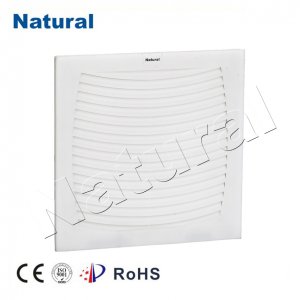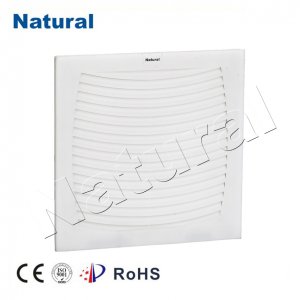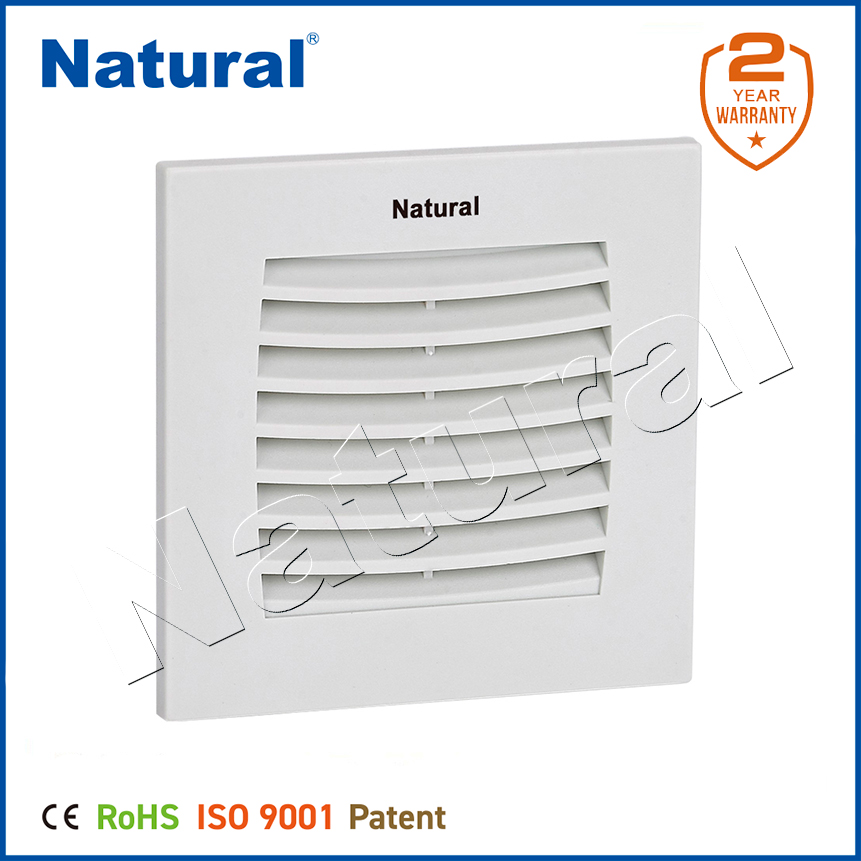Fan filter exhaust systems play a crucial role in maintaining clean and efficient air circulation in a variety of environments. From industrial settings to laboratory environments, these systems ensure that the air quality remains optimal while also protecting equipment from potential damage caused by dust, debris, or other contaminants. In this article, we will explore the benefits, components, and applications of fan filter exhaust systems, shedding light on why they are essential in many industries today.

What is a Fan Filter Exhaust System?

A fan filter exhaust system is a combination of a fan and a filtration system designed to filter out airborne particles from the air before it is expelled from a building or industrial setting. These systems use high-efficiency filters, typically HEPA (High-Efficiency Particulate Air) filters, to remove particles from the air stream. The fan ensures that air is pulled through the filters, creating the necessary airflow to prevent contamination in sensitive environments. These systems are most commonly found in cleanrooms, laboratories, medical facilities, and manufacturing plants, where air purity is critical. The goal is to maintain a contamination-free atmosphere while allowing for proper ventilation and air exchange.
